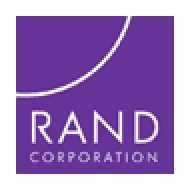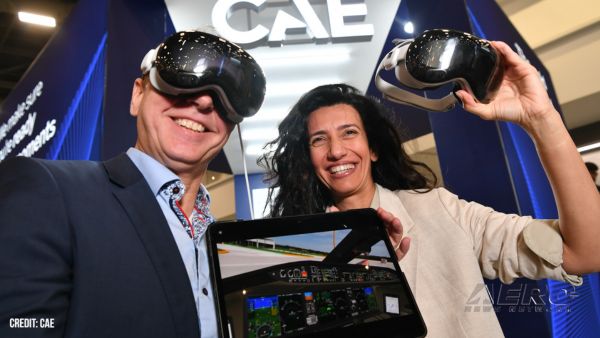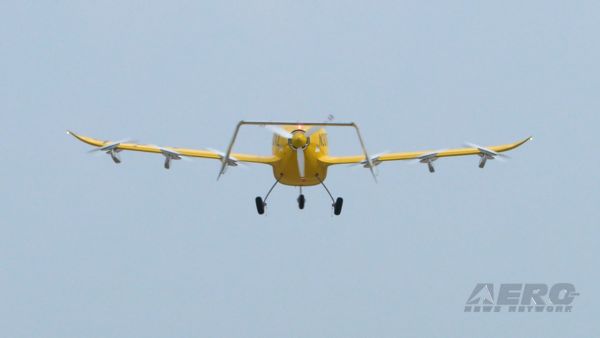Tue, Aug 21, 2012
Explores Decision-Making Despite Uncertainties About Terrorist Threats
The threat of terrorist attack on American aviation has made the system the focus of intense security efforts, but it is difficult to determine if the benefits outweigh their cost. Efficient security policy -- a focus on getting the most security for the least cost -- should be the priority in an era of fiscal austerity, according to a new RAND Corporation report released Tuesday.

The report details ways the federal Transportation Security Administration and Congress could better consider not only the risks posed by terrorists, but the cost effectiveness of security efforts to reduce those risks.
“Commercial aviation plays a central role in the national economy, and attacks on planes and airports have long been a threat by terrorists worldwide,” said Brian Jackson, a report co-author and a senior researcher at RAND, a nonprofit research organization. “But it has also become clear that the public’s tolerance for inconvenience and other security costs is not inexhaustible. The benefits of aviation security must be weighed against the costs in providing that security.”
Among the key findings is that, while it is possible to add up how much money has been spent on scanners, screeners, and other security efforts, there are less-tangible economic costs resulting from the reality that a lot of security makes the aviation system more difficult to use.
“When the system being protected is as valuable economically as aviation, even a small reduction in its usefulness and value adds up quickly, making security potentially much more costly than might be assumed,” Jackson said.
The report explores ways to inform decision making despite uncertainties about the terrorist threat, security system performance and the costs of security measures. It also provides analysis that fills important gaps in the assessment of the costs, benefits and efficiency of aviation security measures and strategies.
Researchers write that America’s aviation system is protected by a layered security strategy that is sometimes, but not always, effective. Multiple types of security technology and other measures provide several lines of defense that must be breached for an attack to be successful. But this does not mean more layers are always better than fewer.
In some cases, layers can reinforce each other and be more effective than the sum of the individual measures on their own. In others, they can interfere with one another and provide less security together than they would have separately. For example, efforts by security officers to detect suspicious behavior at checkpoints could be made less effective if passenger agitation created by the experience of going through screening masks the indicators those officers attempt to detect. New layers on top of old are costly and can make the aviation system more difficult for passengers and other users.

The study also examines ways that the costs of security programs might be reduced over time. Researchers find that “trusted traveler programs” -- including the current TSA PreCheck program -- are an attractive strategy for making security more efficient and reducing security burdens on some travelers.
While there has been concern that terrorists could masquerade as a trusted traveler and exploit the program, it is possible to show that overall security can improve even if some attackers compromise the program. However, this requires that the resources saved by reducing screening for trusted travelers are used to improve screening of the remaining members of the public. The effectiveness of a trusted traveler program also depends on high participation rates.
The research was conducted within the RAND Homeland Security and Defense Center, which conducts analysis to prepare and protect communities and critical infrastructure from natural disasters and terrorism. The Center is a joint program of the RAND National Security Research Division and RAND Infrastructure, Safety, and Environment.
More News
States That Current Process is Damaging National Aerospace Development US Senator Jerry Morgan is pushing the FAA to speed up the process for rocket launch licensing. He argues tha>[...]
From 2015 (YouTube Edition): Model Aviator Aims For Full-Scale Career While at the 2015 Indoor Electric RC Festival, referred to as eFest, ANN CEO and Editor-In-Chief, Jim Campbell>[...]
Dave Juwel's Aviation Marketing Stories ITBOA BNITBOB ... what does that mean? It's not gibberish, it's a lengthy acronym for "In The Business Of Aviation ... But Not In The Busine>[...]
Aero Linx: Cardinal Flyers Online The Cardinal Flyers Online Web site was created and is maintained by me, Keith Peterson. My wife Debbie and I have owned a 1976 RG since 1985. Wit>[...]
Clearance Void If Not Off By (Time) Used by ATC to advise an aircraft that the departure release is automatically canceled if takeoff is not made prior to a specified time. The exp>[...]
 Senator Pushes FAA to Accelerate Rocket Launch Licensing
Senator Pushes FAA to Accelerate Rocket Launch Licensing Classic Aero-TV: RJ Gritter - Part of Aviations Bright New Future
Classic Aero-TV: RJ Gritter - Part of Aviations Bright New Future Aero-FAQ: Dave Juwel's Aviation Marketing Stories -- ITBOA BNITBOB
Aero-FAQ: Dave Juwel's Aviation Marketing Stories -- ITBOA BNITBOB ANN's Daily Aero-Linx (10.27.24)
ANN's Daily Aero-Linx (10.27.24) ANN's Daily Aero-Term (10.27.24): Clearance Void If Not Off By (Time)
ANN's Daily Aero-Term (10.27.24): Clearance Void If Not Off By (Time)




